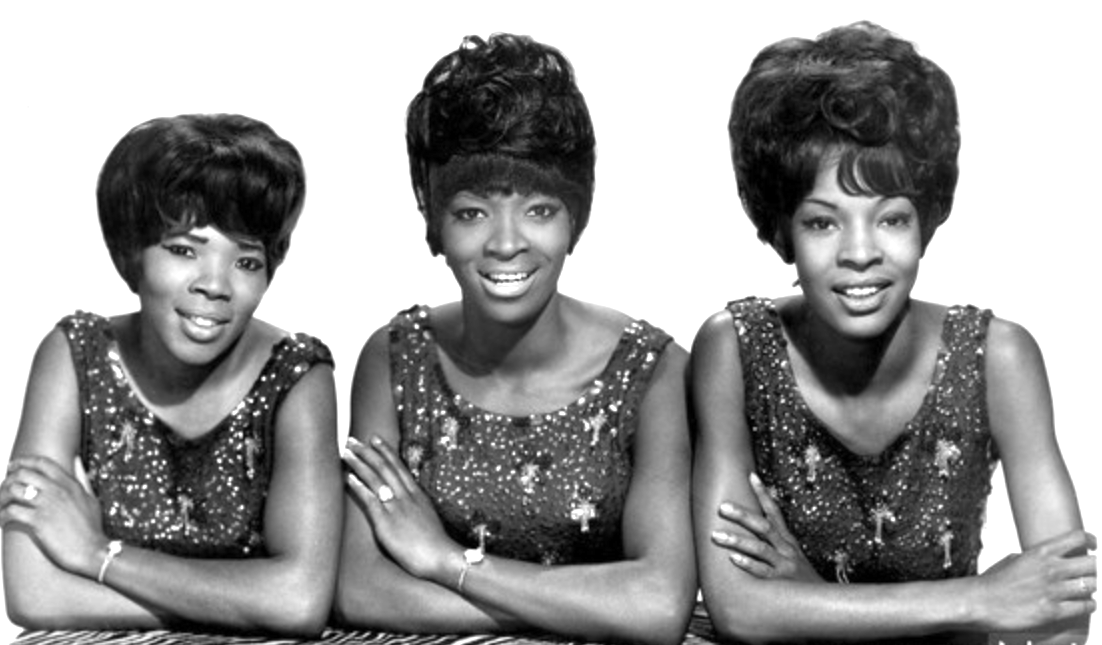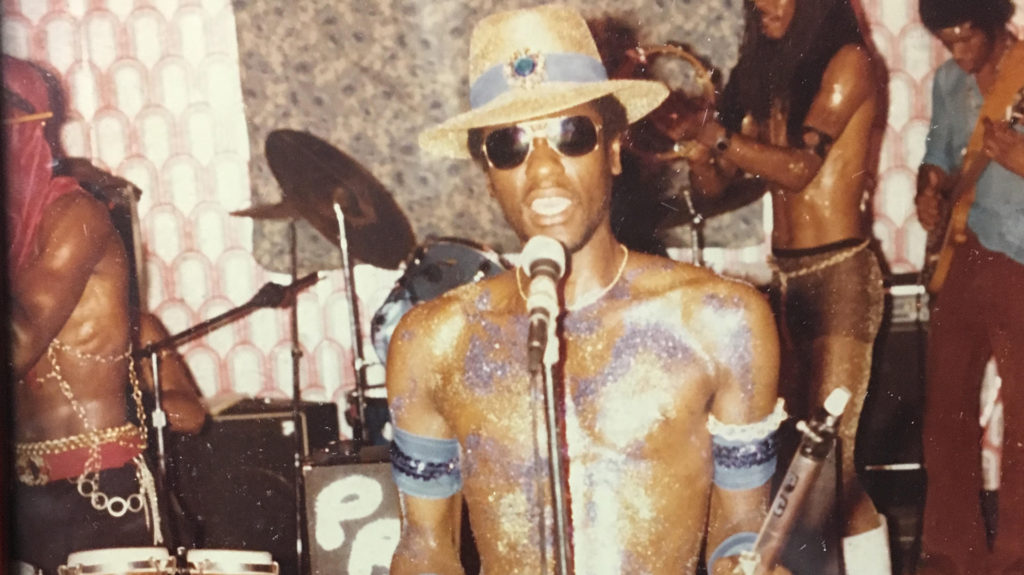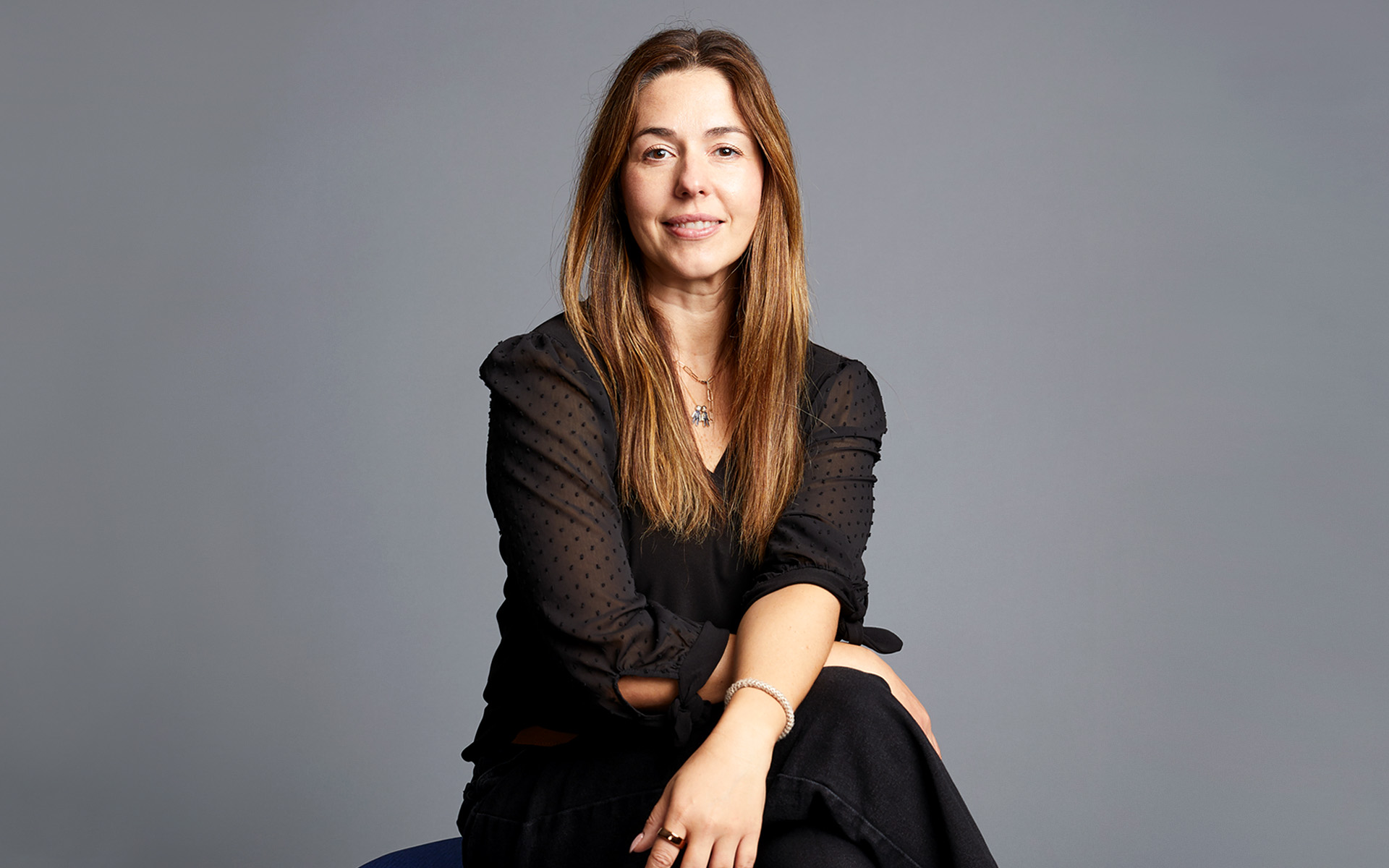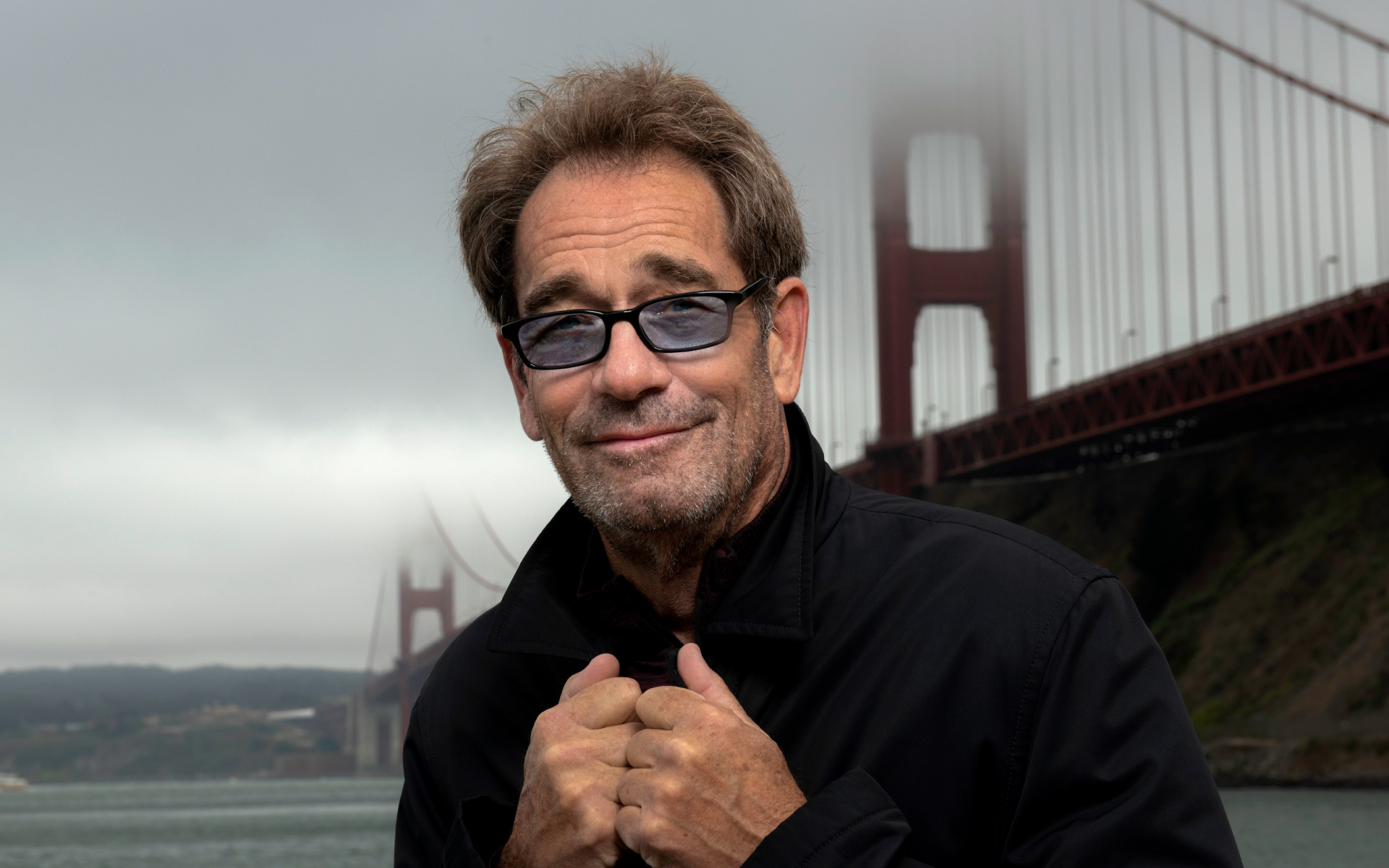10 Must-Listen ‘Music is My Life’ Podcast Episodes:
10 Must-Listen ‘Music is My Life’ Podcast Episodes

As we await the sixth season of the Music is My Life podcast in September, now is a great time to catch up on past episodes. If you haven’t had the chance to listen yet, Music is My Life is a Berklee Online podcast that explores the careers of notable musicians and music industry professionals.
Taj Mahal, July 2018
Taj Mahal has spent his career bending genres to his own signature style. His work includes moving explorations in jazz, funk, reggae, country, rock ‘n’ roll, and more. He has worked with everybody from Howlin’ Wolf and Muddy Waters to the Rolling Stones to Bob Marley and the Wailers. This conversation finds him touching upon these milestones as he revisits his 60+ years in the music industry, and shares how he can so comfortably and effectively jump genres.
Quoted: “The whole experience of coming out of Africa into the Western civilization just broke up family and culture … So at this point, for me, it’s just connecting the dots between family I recognize, musically.”

Martha Reeves, July 2020
After nearly 60 years in the business, Martha Reeves has experienced nearly everything the music industry can throw at a singer, but she doesn’t let even the worst of it throw her. In this most recent episode of Music Is My Life, the Motown singer, best known for mega-hits “Dancing in the Street” and “Heat Wave,” reflects on how some of what we’re seeing now in the United States now is an example of history repeating itself, but she says that she’s still optimistic about music being able to change people’s hearts and minds.
Quoted: “We were shot at. We were chased from place to place but never harmed, or maybe on a couple of occasions there was harm to a couple of the members, but we survived. When we got past the hatred, we found a whole lot of love from the people who would come and see us.”

Prince Charles Alexander, December 2016
Before Prince Charles Alexander became a music production professor at Berklee, he made a name for himself as a funk artist in Boston. In this two-part episode, you’ll hear about Prince Charles’ early career, opening for Duran Duran and playing an instrument called a Lyricon, and you’ll hear about his transition into production for Bad Boy Entertainment, engineering iconic albums from Notorious B.I.G., Mary J Blige, and more.
Quoted: “I’m in Manhattan at Madison Square Garden, and 30,000 people are yelling my name, but I’m going to get in my Skylark and go home, right? So I’m thinking, ‘how absurd is this? … How do you get out of this? How do you make sense out of this moving forward? How do you pay your rent?’”
Vanessa Carlton, June 2020
Vanessa Carlton has come a long way since releasing the chart-topping hit “A Thousand Miles” in 2002. She discusses being catapulted into fame as a teenager and her experience dealing with the music industry’s seedy underbelly, including a controlling relationship with Third Eye Blind frontman Stephan Jenkins. She also talks about the people who pulled her up along the way, including one of her closest friends, Stevie Nicks.
Quoted: “She was there, for instance, when I was in the middle of having my child, cut out of me in a c-section. She was there, singing to me in my ear, holding my hand.”
Darlene Love, November 2018
Each holiday season, we are gifted with the music of Darlene Love, whose iconic song “Christmas (Baby Please Come Home)” is a holiday classic. Love talks about working with Phil Spector and what it was like singing backup for artists such as Sam Cooke, Elvis Presley, and a whole lot more. She also discusses the ups and downs of her career and what she had to do to stay afloat, including a short stint as a house cleaner, and eventually her return back to the spotlight, which includes recognition in the Rock & Roll Hall of Fame and a role in the documentary 20 Feet from Stardom.
Quoted: “I was cleaning this lady’s bathroom and it was during the holiday season, and I was taking on more jobs, so I could have a little money more for the kids for Christmas. And I heard ‘Christmas (Baby Please Come Home)’ playing on her radio, in her house, which was amazing to me that I would hear that song while I was doing what I was doing. And from that day to this, I said, ‘I don’t know how I’m going to do it, Lord, but I’m going to get out there and I’m going to sing, someway, somehow.’”
Gary Burton, February 2017
On the eve of his retirement from performing live (and from teaching classes at Berklee Online), Gary Burton spent time contemplating his career with us, reflecting on the 66 albums he made, the seven Grammys he won, all of the music he learned and taught at Berklee, and the lifetime of friendships that music afforded him.
Quoted: “Music is a very social kind of art form. Not like a painter who goes into a room by themself and makes a painting, or a book, or a novelist, or something. With music, it’s very much a collaborative art form. And you learn from and are influenced by the people that you work with.”

Divinity Roxx, March 2017
Don’t take our word for why you should listen to this conversation with the bassist for Beyoncé in her all-female band. Take it from Divinity Roxx, herself, who tweeted about this episode shortly after its release, “Bestie called and said this was the best interview she’s heard me do … said I told stories I’d never shared before.”
Quoted: “Beyoncé and Jay-Z showed up. … I remember them sitting there. And that’s when it became really real for me and I started thinking this could be cool. After all of my ‘Eh, whatever,’ I was like, ‘Wait a minute, this could be really awesome.’ So I would go in the bathroom, look at myself and say, ‘You just dig in. You’ve got to get this. You can do this.’”
Trevor Horn, April 2018
When we spoke with Trevor Horn, he was studying bass with Berklee Online, and having some work done on his house. Yes, the audio is a little rough in spots, but he was in a reflective mood, talking candidly about writing “Video Killed the Radio Star,” about his work with Yes and Seal, and how his dad—who was also a musician—didn’t want him to get involved in the music industry. Horn basically told him: Music is my life.
Quoted: “When I got to about 17-and-a-half … I realized all this working during the day is a bit of a joke, really, because the only thing I’m interested in is music and I’m never gonna be any good at this stuff. And I woke my parents up at four o’clock in the morning to tell them that I decided no matter the risks I was gonna have a career in music. … They were horrified. … My father said, ‘You’re just not good enough to be professional.’ And he was right. And he said, ‘You know it’s a hard life. You’ve got no idea what you’re getting into.’ And I said, ‘Well, I don’t care because I know it’s the only thing that I think I can succeed at and the only thing I’m interested in.’”
Dean Ween, March 2018
Guitarist Dean Ween (Mickey Melchiondo) discusses how he found his guitar tone, what he thinks about being termed a “jam band,” and how he and his partner in song, Gene Ween (Aaron Freeman) blended such an unlikely stew of influences to form their sound.
Quoted: “I was looking for the most abrasive, hardest music that was out there, no matter what it was. And he was into the weirdest stuff out there, no matter what it was. And then there was stuff where we met on common ground; we both loved Devo very much. We both loved Laurie Anderson’s ‘O Superman,’ we both loved The Dr. Demento Show.”
Janet Billig Rich, June 2020
Janet Billig Rich started her career as the ultimate Replacements fan, and worked her way up through multiple roles in the music industry. This includes being on the ground floor of some of the most iconic grunge albums of all time, and managing acts such as Nirvana, Hole, Dinosaur Jr., the Lemonheads, and the Breeders. Then taking a turn into music supervision for documentaries and musicals such as Rock of Ages. Billig Rich’s Music Is My Life episode is a true testament to following your bliss and making a career out of it.
Quoted: “If you have a client that doesn’t want to get onstage or is having a tantrum about something and you’re the manager, you’re screwed: The band is not going onstage. No one is getting paid, it upends the entire thing. But in theater, if someone doesn’t want to get up onstage, there’s an understudy.”
Subscribe to Music is My Life, so that you can be notified when new episodes arrive.





